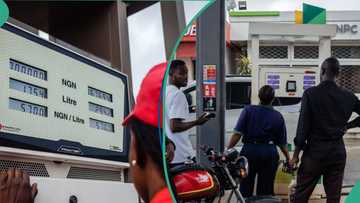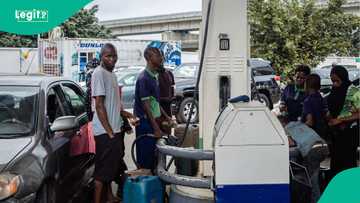Petrol Prices Soar As MRS and Other Filling Stations Announce New Prices
- In response to the Dangote Refinery's suspension of petrol sales in naira, filling stations have started adjusting their fuel pump prices
- Across the country, no filling station is selling fuel at N860 per litre except for NNPC Limited retail stations
- There are expectations that fuel prices could hit N1,000 per litre in the days ahead unless a deal on the crude-to-naira agreement is reached
Legit.ng journalist Dave Ibemere has over a decade of business journalism experience with in-depth knowledge of the Nigerian economy, stocks, and general market trends.
MRS Oil and other filling stations have implemented a new pricing structure, significantly raising pump prices across Nigeria.
MRS oil, which is one of the Dangote refinery partners for cheap fuel, has on Friday, March 28, 2025, set the pump price at N930 per litre in Lagos, while residents in northern regions face an even steeper cost of N960 per litre.
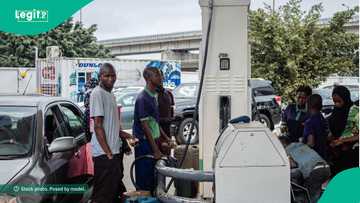
Read also
Private depots raise petrol prices to N900 per litre as MRS, AP, others hike costs in Lagos, Abuja
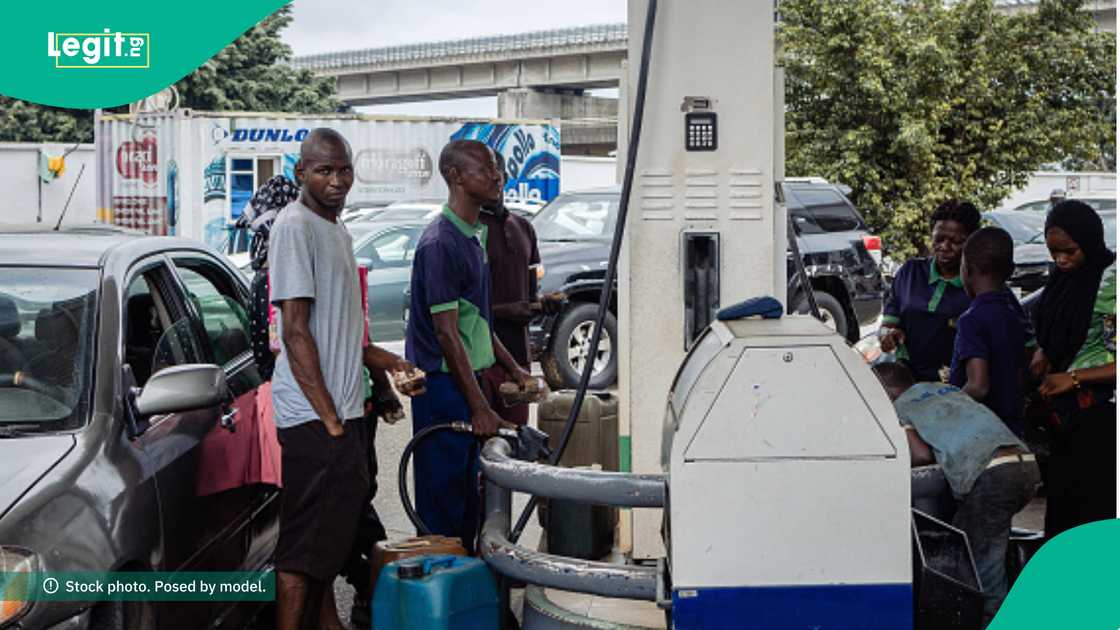
Source: Getty Images
This adjustment marks a sharp increase from previous rates, with Lagos seeing a rise of N70 from the previous N860 per litre, and northern states experiencing an N80 hike from the previous N880 per litre.
Other filling stations have swiftly followed suit, mirroring MRS's pricing strategy.
Fuel stations such as Mobil, Matrix, among others, have increased their fuel prices to above N900 per litre.
Reports indicate that NIPCO, operating in Magboro, Ogun State, also sold petrol at the new rate of N930 per litre over the weekend.
Punch reports that MRS Oil said it will be sourced from the Lagos depot and distributed nationwide, with varying costs reflecting regional differences.
Southern states outside Lagos, including the South-West and Kwara, will now pay N940 per litre, while states in the South-South and South-East, such as Edo, Abia, and Rivers, face a rate of N960 per litre.
The North experiences a range of prices, with rates set at N950 per litre for some states and N960 per litre for others.
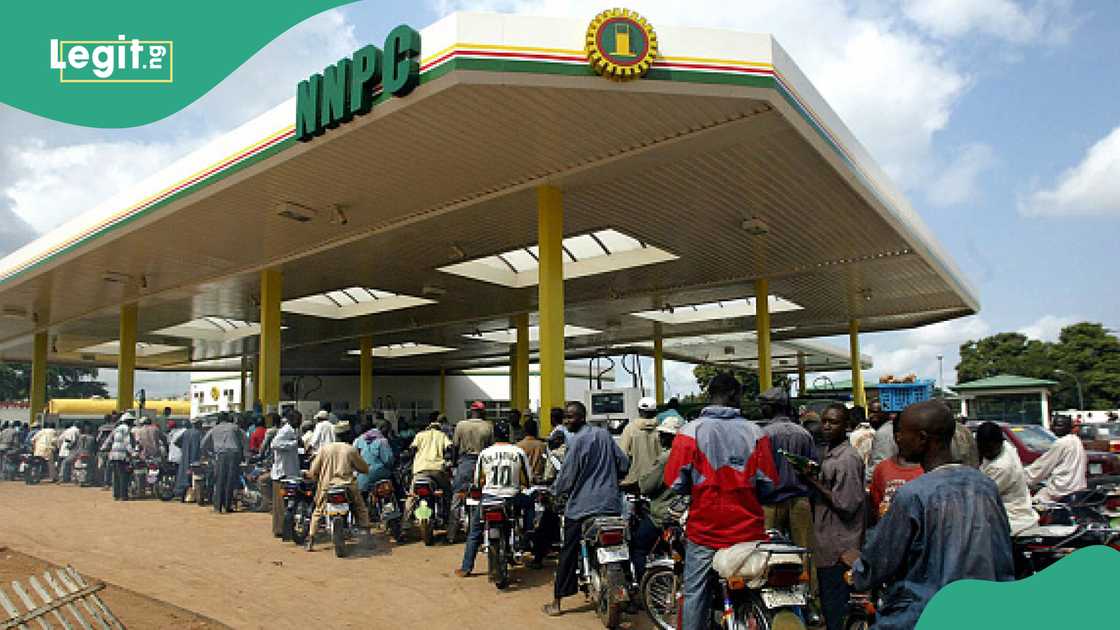
Source: Getty Images
Why fuel prices increased?
The development followed Dangote Refinery's decision to halt the sale of petrol in naira, citing a mismatch between sales proceeds and crude oil purchase obligations.
Dangote said:
"To date, our sales of petroleum products in Naira have exceeded the value of Naira-denominated crude we have received. As a result, we must temporarily adjust our sales currency to align with our crude procurement currency."
Industry analysts said that the suspension has prompted private depot owners to increase prices, citing the need to maximise profit margins amidst fluctuating market conditions.
This development has potential implications for transport costs and consumer goods pricing nationwide.
There are expectations that Dangote Refinery will resume naira-based sales, contingent on securing crude oil supplies from NNPC.
Until then, Nigerians may face continued pressure from increased fuel costs at filling stations across the country.
FG schedule meeting after Dangote ends petrol sales in naira
Ealier, Legit.ng reported that the federal government recently held a meeting to explore viable solutions to the challenges of supplying products to the Dangote refinery.
The committee has mandated the Nigerian Upstream Petroleum Regulatory Commission (NMPDRA) to come up with options that the panel would review as it struggled to revive the naira-for-crude deal.
Sources familiar with the matter attribute the challenge of NNPC's supply of crude oil to the Dangote Refinery to the allocation of crude volumes to foreign creditors.
PAY ATTENTION: Сheck out news that is picked exactly for YOU ➡️ find the “Recommended for you” block on the home page and enjoy!
Source: Legit.ng


